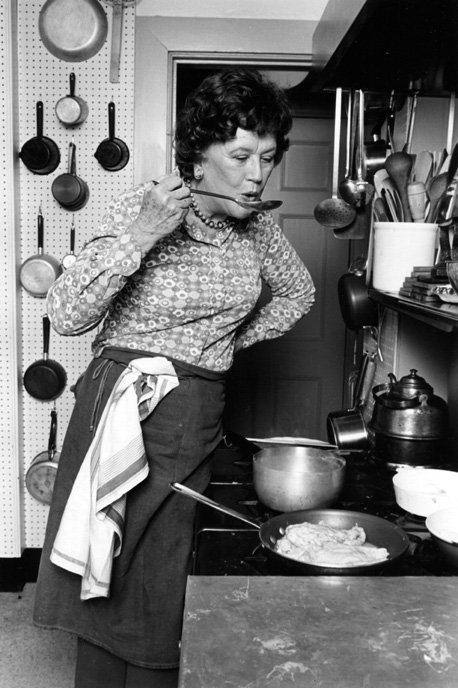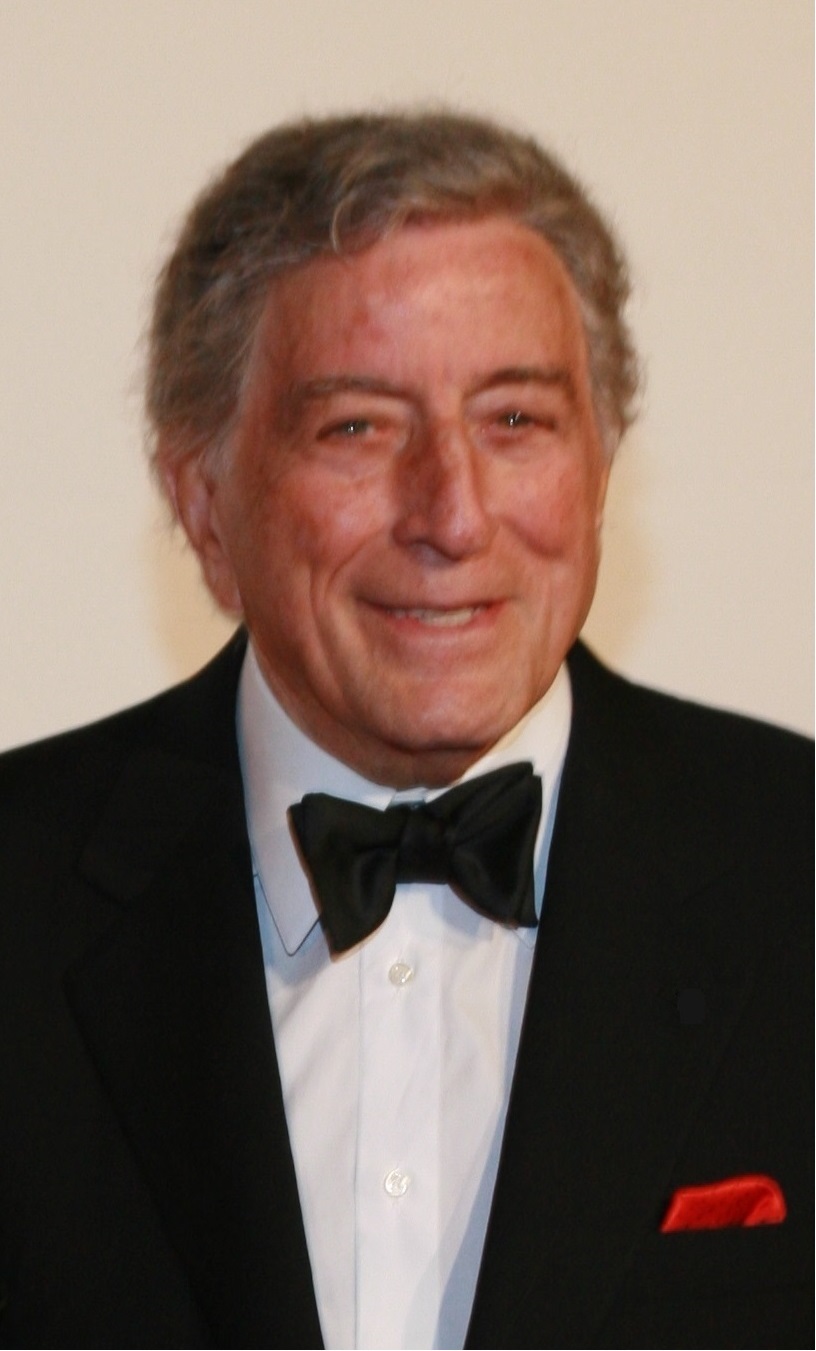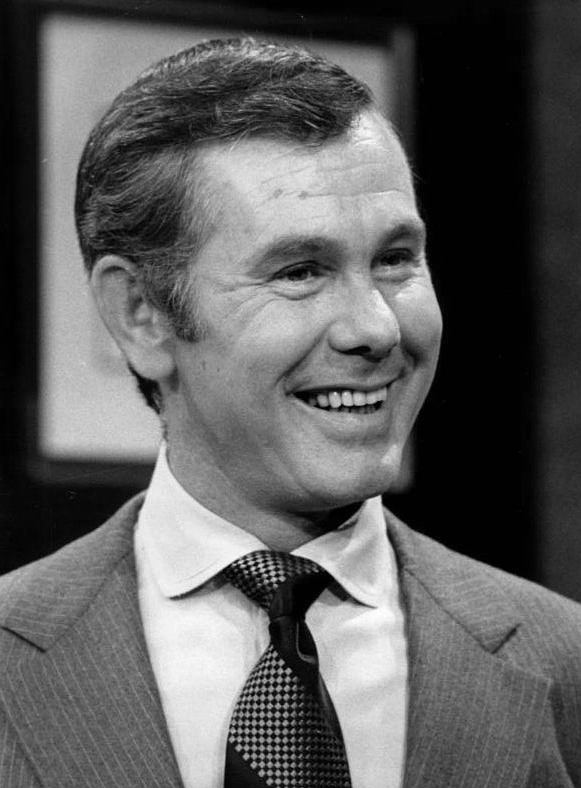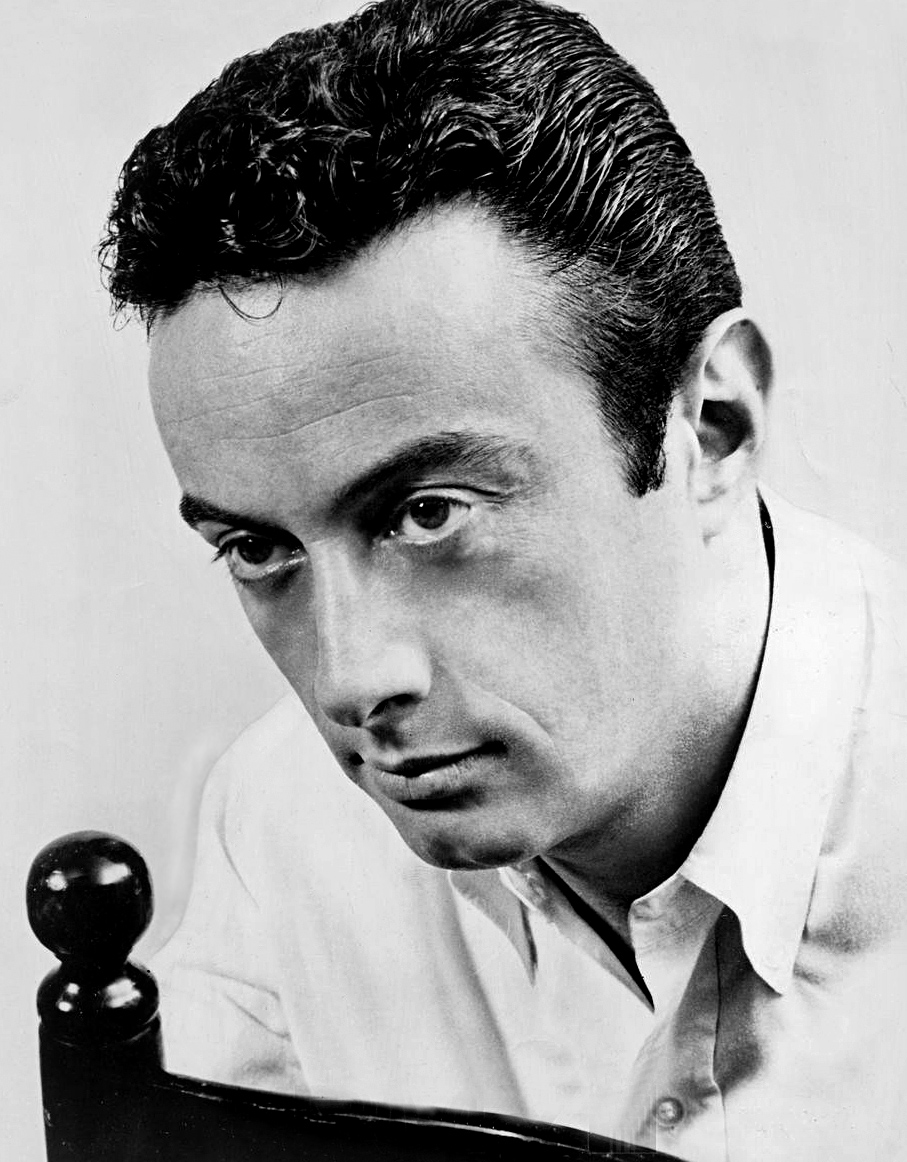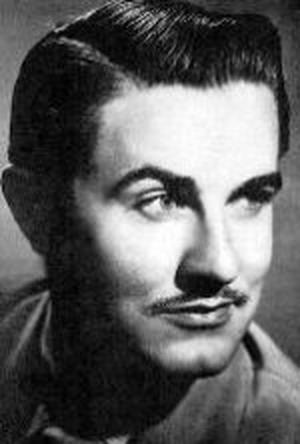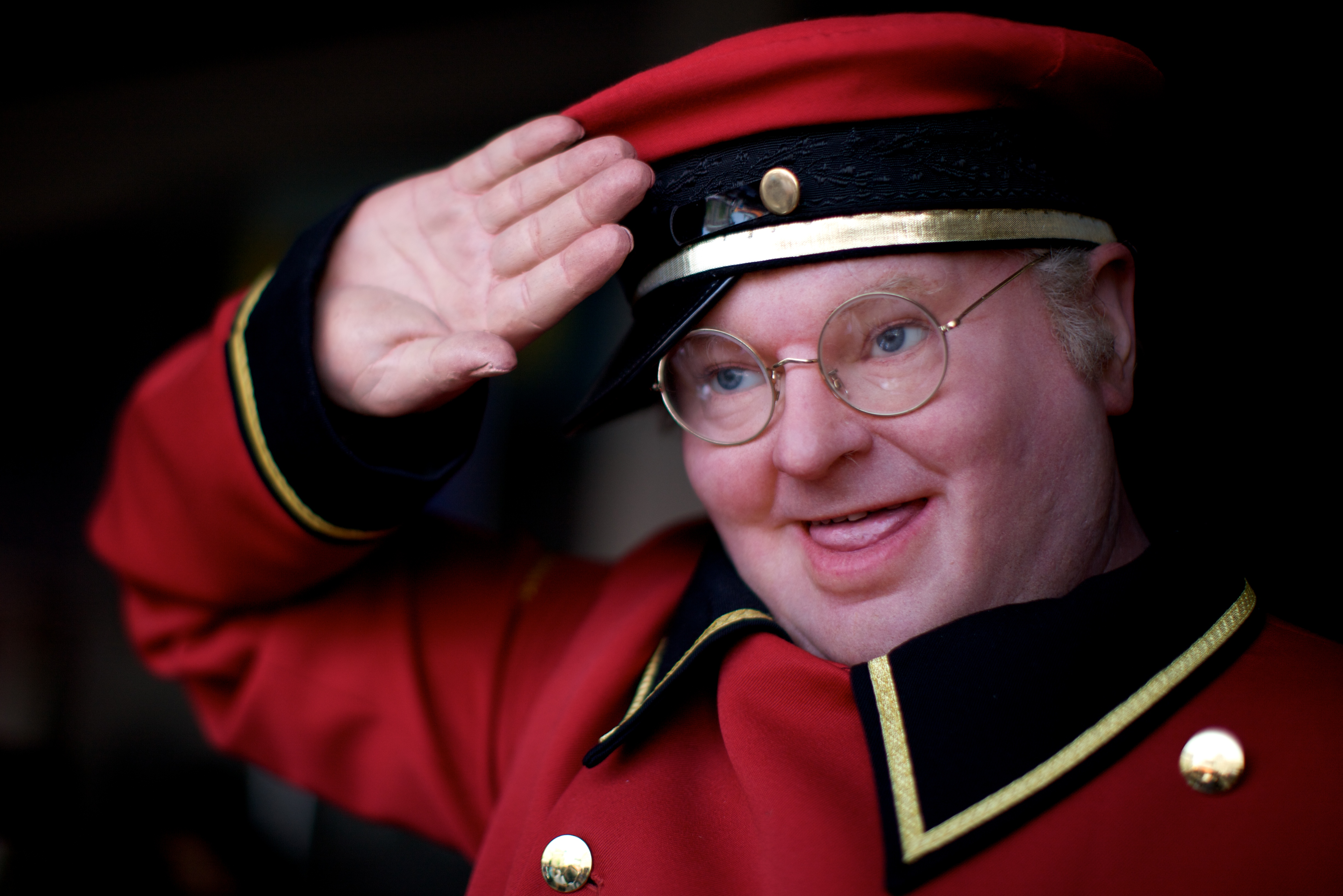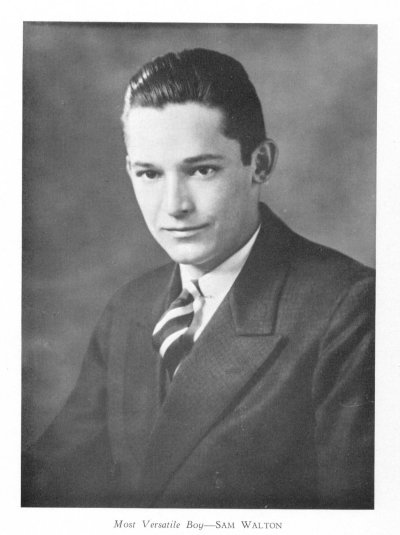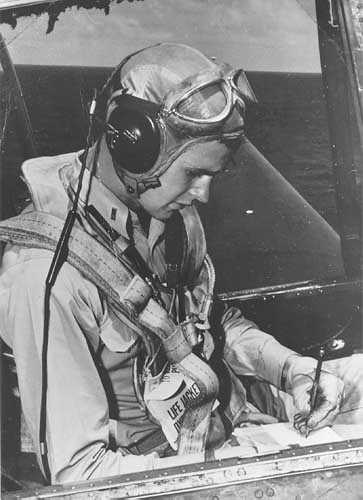Julia Child
Denied entry into the Woman’s Army Corps because of her height, Julia Child joined the Office of Strategic Services (OSS) in Washington, D.C., where she worked as a typist. Because of her education and experience, she was soon promoted to the role of a top-secret researcher, working directly under the head of the OSS.
She focused on the development of a shark repellent to deter the predators attacking shipwrecked seamen and bailed-out pilots. Child’s experiments were successful and her repellant is still used to this day. In a way, the development of the repellant was Child’s first entry into the world of cooking.
Tony Bennett
Anthony Dominick Benedetto, known to the world as Tony Bennett, was drafted into the U.S. Army in November 1944. He was an infantryman in the 255th Infantry Regiment of the 63rd Infantry Division, and was involved in the liberation of a Nazi concentration camp near Landsberg.
He was later demoted for dining with a black friend from high school at a time when the army was still segregated.
Bennett had a tough time dealing with the war, calling it “a nightmare that’s permanent.”
Johnny Carson
Late-night television legend Johnny Carson joined the U.S. Navy in June 1943. He was assigned to the USS
Pennsylvania, where he earned a 10-0 amateur boxing record. He worked as a communications officer in charge of decrypting messages. His ship was en route to the combat zone when the atomic bombs were dropped on Hiroshima and Nagasaki, ending the war.
Lenny Bruce
Stand-up comedy pioneer Lenny Bruce joined the U.S. Navy in 1942 at the age of 16. He was assigned to the USS
Brooklyn (CL-40) and participated in the European and North African theatres. He ran afoul of his commanding officers when he dressed in drag to entertain his shipmates. He was dishonorably discharged after convincing the ship’s medical officer that he was having homosexual thoughts.
John F. Kennedy
Former U.S. president John F. Kennedy was a decorated military veteran, earning a Purple Heart Medal, Navy and Marine Corps Medal and American Campaign Medal, among others.
Kennedy was denied entry into the army’s officer candidate school due to chronic back pain. He eventually joined the Naval Reserve, then the Naval Reserve Officer Training School, working his way up to lieutenant (junior grade).
Kennedy commanded a number of Patrol Torpedo boats throughout his military career. While aboard PT-109, the boat was rammed and cut in half by a Japanese destroyer. Kennedy and his crew swam to a nearby island, with Kennedy towing a badly burned crewman to safety with the man’s life jacket strap clenched between his teeth. This action earned him the Navy and Marine Corps Medal for heroism and the Purple Heart Medal for injuries.
Kennedy was eventually released from active duty in late 1944, after receiving treatment for his back pain.
Ed Wood
Cult film director Ed Wood enlisted in the U.S. Marine Corps after the attack on Pearl Harbor. He reached the rank of corporal in the 2nd Defense Battalion. Wood fought in the Battle of Tarawa, losing his two front teeth after being bashed with the butt of a Japanese soldier’s rifle, and was shot in the leg multiple times by a machine gunner. Wood, a closet cross-dresser, later admitted that he feared injury over death because he did not want his fellow soldiers to find out that he was wearing womens’ underwear.
Benny Hill
Drafted in 1942, Benny Hill worked as a mechanic, truck driver and searchlight operator for the British Army, and was present at the Battle of Normandy. Hill was later transferred to the Combined Services Entertainment division, where he remained until the end of the war.
Sam Walton
Businessman and entrepreneur Sam Walton, best known as the founder of Walmart joined the U.S. military in 1942. He worked in security at aircraft plants and prisoner-of-war camps in Utah. By the end of the war, Walton had reached the rank of captain.
George H.W. Bush
George H.W. Bush enlisted in the U.S. Navy soon after the attack on Pearl Harbor.
After training, Bush was commissioned as an ensign at the age of 19, making him the youngest naval aviator to date at the time. During his time with the Navy, Bush participated in 58 combat missions, including the Battle of the Philippine Sea, and earned himself the Distinguished Flying Cross, three Air Medals, and the Presidential Unit Citation.
Bush was honorably discharged in September of 1945, and proceeded to attend college at Yale University.
